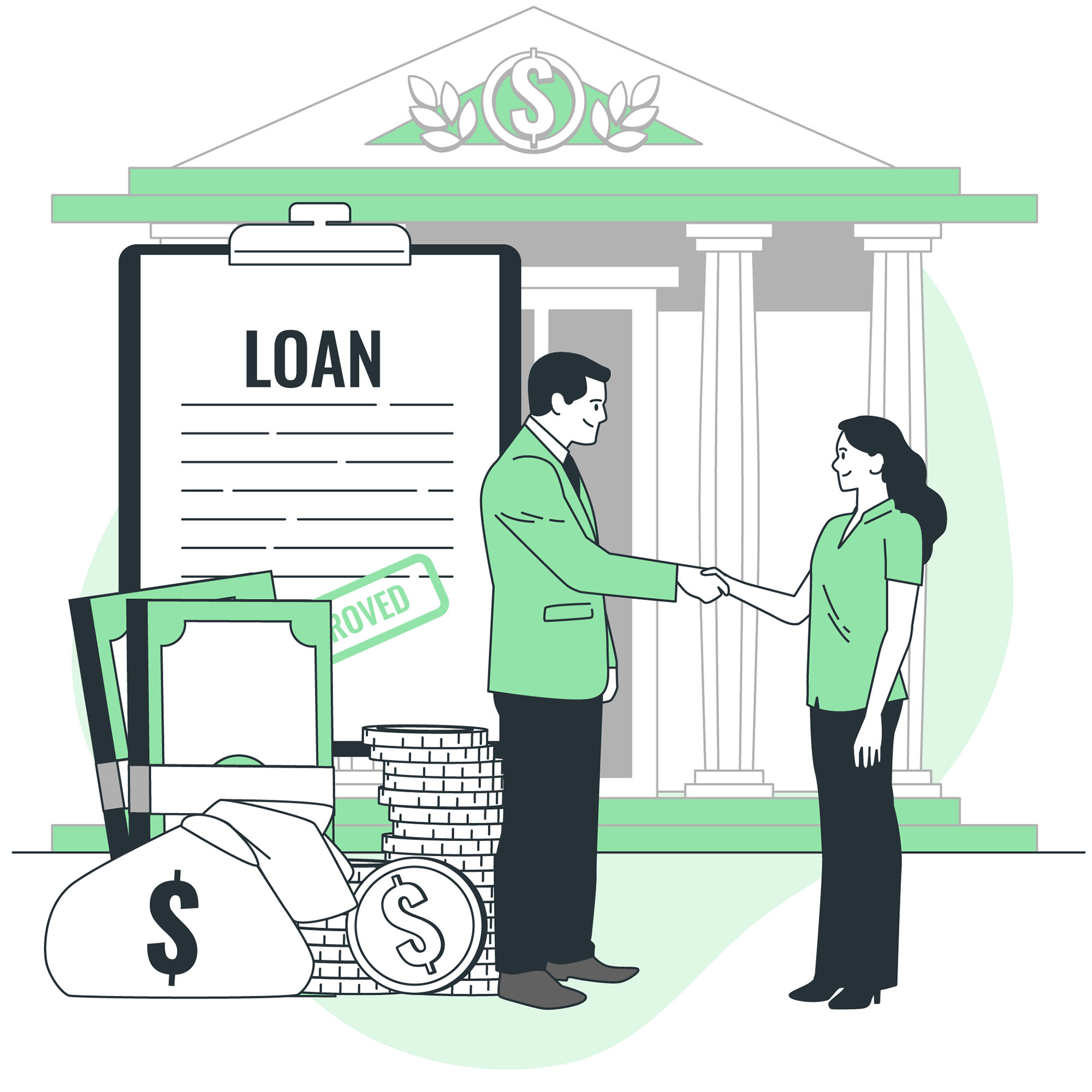Unsecured loans are a type of financial product where the borrower does not need to pledge any collateral to secure the loan. These loans are primarily based on the creditworthiness of the borrower, their income stability, and their credit history. Unlike secured loans, which require collateral such as property or other assets, unsecured loans rely on the borrower’s promise to repay the debt.
Types of Unsecured Loans
- Personal Loans: One of the most common forms of unsecured loans, personal loans can be used for a variety of purposes, such as medical emergencies, home renovations, weddings, vacations, or debt consolidation. The flexibility and ease of obtaining personal loans make them a popular choice.
- Credit Cards: Credit card loans or cash advances are another prevalent form of unsecured lending. Credit cards provide a revolving line of credit, and the borrower can use the card for purchases or withdraw cash up to a pre-approved limit. Interest is charged on the outstanding balance if not paid in full by the due date.
- Education Loans: While many education loans are secured by the future earnings of the student, some can be unsecured, especially when taken from private lenders or institutions. These loans cover tuition fees, books, and other educational expenses.
- Business Loans: Unsecured business loans are designed for entrepreneurs and small businesses that may not have significant assets to pledge. These loans can be used for various business needs, such as expansion, inventory purchase, or working capital.
- Peer-to-Peer (P2P) Lending: A relatively new concept, P2P lending involves borrowing money from individual investors through online platforms, bypassing traditional banks. These loans are usually unsecured and offer competitive interest rates based on the borrower’s credit profile.
Key Features of Unsecured Loans
- Application Submission: Borrowers can apply for unsecured loans online or offline by completing the application form and submitting the required documents.
- Eligibility Check: Prior to applying, borrowers should verify if they meet the eligibility requirements set by the lender, which usually include age, income, employment status, and credit score.
- Documentation: The documentation required for unsecured loans is generally minimal and includes identity proof, address proof, income proof (salary slips, bank statements), and occasionally, proof of employment.
- Credit Evaluation: The lender evaluates the borrower’s creditworthiness by checking their credit score, repayment history, and overall financial stability.
- Approval and Disbursement: If the loan application is approved, the lender disburses the loan amount directly into the borrower’s bank account. This process can take from a few hours to a few days, depending on the lender.
Advantages of Unsecured Loans
- No Asset Risk: Since unsecured loans do not require collateral, borrowers do not risk losing their assets in case of default.
- Quick Processing: The application and approval process for unsecured loans is usually faster compared to secured loans, making them ideal for urgent financial needs.
- Flexibility: Borrowers can use the funds for any purpose, providing greater flexibility in managing their finances.
- Building Credit Score: Timely repayment of unsecured loans can help improve the borrower’s credit score, making it easier to access credit in the future.
Disadvantages of Unsecured Loans:
- Higher Interest Rates: Generally speaking, unsecured loan interest rates are higher than secured loan interest rates, which raises the total cost of borrowing.
- Strict Requirements for Eligibility: When it comes to unsecured loans, lenders are more cautious and frequently want a better credit score and steady income.
- Lower Loan Amounts: Lenders may provide smaller loan amounts in the absence of security than they would for secured loans.
- Effect on Credit Score: A borrower’s credit score may be negatively impacted by defaulting on an unsecured loan, which may limit their future access to credit.
Regulatory Framework in India
In India, unsecured loans are governed by regulations set by the Reserve Bank of India (RBI). The RBI provides guidelines to ensure fair practices and protect borrower interests. Key regulations include:
- Transparency: Lenders must clearly disclose the interest rates, fees, and other charges associated with unsecured loans.
- Fair Practices Code: Lenders must adhere to a code of conduct that ensures ethical behaviour and fair treatment of borrowers.
- Grievance Redressal: Borrowers should have access to a grievance redressal mechanism to resolve any disputes or issues with the lender.
- Credit Information: Lenders are required to report the borrower’s credit information to credit bureaus, which helps in maintaining accurate credit records.
CONCLUSION:
In India, unsecured loans are a vital financial instrument that provide lending access to those who may not have collateral. Although they have stricter eligibility requirements and higher interest rates, borrowers choose them because of their speedy processing and flexibility. To prevent potential dangers, borrowers must evaluate their ability to repay the loan, comprehend the terms and circumstances, and select a reliable lender, just as with any other financial instrument.
Also Read- https://settleloan.in/blog/debt-settlement/loan-settlement-before-and-after-2/
Get in touch with us today at www.Settleloan.in and embark on your path to financial freedom



